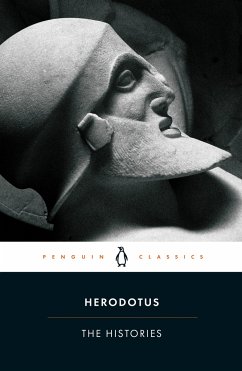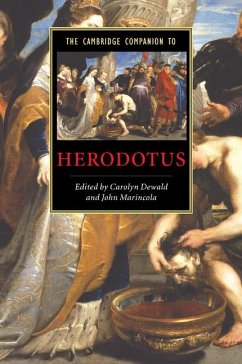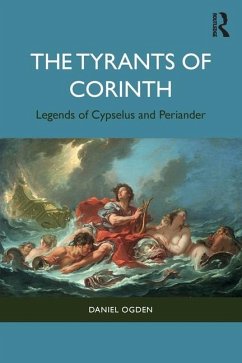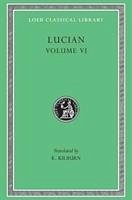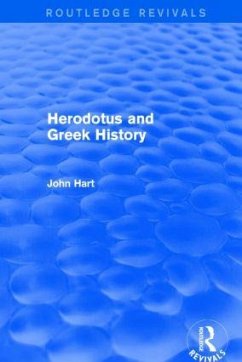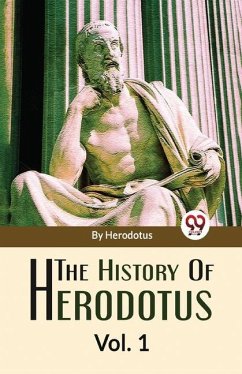Nicht lieferbar
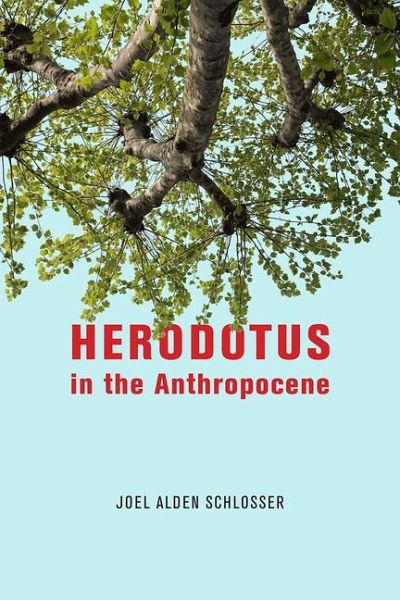
Herodotus in the Anthropocene
Versandkostenfrei!
Nicht lieferbar
"Can human beings flourish on Earth without destroying the very earthly basis of such flourishing? Herodotus in the Anthropocene develops a vision of earthly flourishing that can inspire and inform action in the twenty-first century. The author argues that Herodotus' Histories offer a basis for articulating and understanding the dynamic nature of our complex world and how human beings develop cultural practices in responsive interaction with nature that shape existence. Earthly flourishing describes living well within an order not entirely of your own making; it suggests the ongoing work of re...
"Can human beings flourish on Earth without destroying the very earthly basis of such flourishing? Herodotus in the Anthropocene develops a vision of earthly flourishing that can inspire and inform action in the twenty-first century. The author argues that Herodotus' Histories offer a basis for articulating and understanding the dynamic nature of our complex world and how human beings develop cultural practices in responsive interaction with nature that shape existence. Earthly flourishing describes living well within an order not entirely of your own making; it suggests the ongoing work of responsive adaptation to circumstances, events, and the fluctuations of fate in an uncertain and often unkind world. According to the author, Herodotus can inspire creative and collective responses to the urgent problems of the present"--





